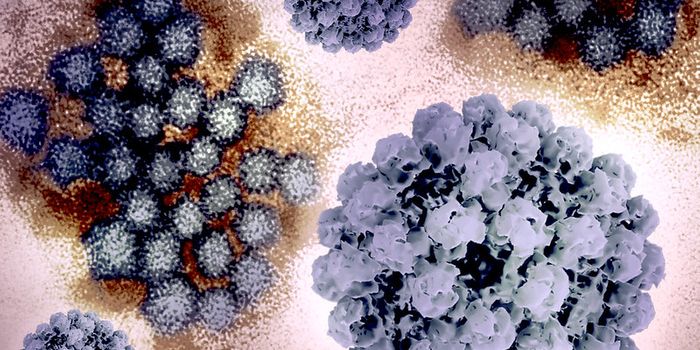Thermo Fisher Scientific Inc. (NYSE: TMO) is the world leader in serving science, with annual revenue of approximately $40 billion. Our Mission is to enable our customers to make the world healthier, cleaner and safer. Whether our customers are accelerating life sciences research, solving complex analytical challenges, increasing productivity in...
Creating a foundation for change: A tangible strategy to fight AMR
Apply the learnings of COVID to AMR, says coalition
Tackling the deadly spectre of antimicrobial resistance (AMR) requires urgent, transformational, whole-system change.
In a new whitepaper, The Infection Management Coalition (IMC) claims that now is the time for the healthcare ecosystem to unite against the “existential threat” of resistance.
“At the moment, whilst the current pandemic has heightened the public’s health awareness levels, resistance to antimicrobials remains an almost unknown issue,” explain the authors.
The whitepaper, they say, is the first, vital step in driving transformational change.
What is the Infection Management Coalition?

Its joint working ethos pools expertise from the pharma and diagnostics industries to provide the knowhow and information needed to support “a more cohesive approach to infection management”.
“Our overarching goal is to effect transformational change in the way infection is detected, monitored, prevented, and managed across all facets of the NHS and broader society by adopting a whole system approach,” says the report.
In its future pledge, the coalition recognises the importance of showing the “human face” of AMR, and that this cannot be achieved by working in silos.
“This coalition aims to nurture a patient-centred, holistic approach to infection management by communicating the patient story,” it says, highlighting the need for education around the impending “silent pandemic”.
COVID-19 demonstrated the public’s appetite for, and understanding of, health information. The population is now well versed in concepts such as viral loads and R rates, meaning they are well prepared to get behind the AMR battle.
Join the data dots
The emergence of SARS-CoV-2 also highlighted – if it was ever in doubt – the crucial importance of joined up data sources. From regional infection rates to emerging variants of concern, the pandemic response has relied on the free flow of data.
Yet in the case of more general infection management, data approaches are “not yet robust enough to improve our understanding of infection, nor our capacity to combat it effectively”.
“At an NHS Trust level, we do not see the kind of data approaches required to effectively monitor infection management of patients as they move through the health and care system, and thus effectively address AMR,” states the white paper.
It calls for the more streamlined development of new therapeutics, more thorough collection of outcomes and prescribing data, and the addition of AMR mortality and death certification codes.
The coalition also recommends the wholescale adoption of more rapid identification and resistance-profiling diagnostics – currently, diagnostics and antimicrobial therapeutics are not paired closely enough, it says.
“To fully benefit from the advances made in the development and responsible provision of antimicrobials, therapeutics need to be paired with advanced, and now widely available, diagnostics.
“Diagnostics can rapidly and accurately identify infections and inform the appropriate antimicrobial usage, thereby minimising the growth of drug-resistant pathogens and improving patient outcomes.”
Not only do tests inform prescriptions, thereby improving individual outcomes, they are a rich source of data for those tasked with monitoring infection and end-to-end patient journeys.
Data proved instrumental in the COVID response, and can do the same for AMR.
Awareness and education
A whole-system approach doesn’t stop at the boundaries of our industry. It is society wide and must include educating the public on the risks. As the report states: “sustainable change needs cultural change”, from policy to advocacy.
In that vein, it recommends that we share patient stories as part of a public awareness campaign that educates people on AMR, when antibiotics are appropriate, and infection management.
There is a huge opportunity to build on the bank of health literacy built during the COVID-19 pandemic. The sector would be well advised to use this as a springboard to launch interventions such as routine screening and keeping vaccinations up to date.
The COVID-19 pandemic brought infection threats – and the role of governments and parliamentarians in tackling them – into sharp focus. Working together, across sectors, disciplines, and societies, was the key to tackling COVID.
We now need to apply that model to AMR, before it is too late.
Read the full whitepaper here [LINK]!








